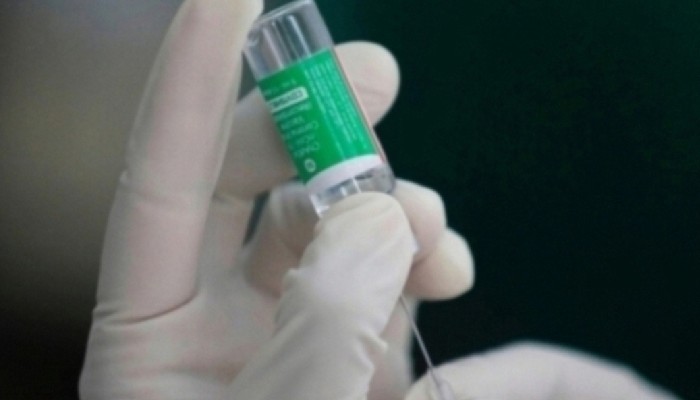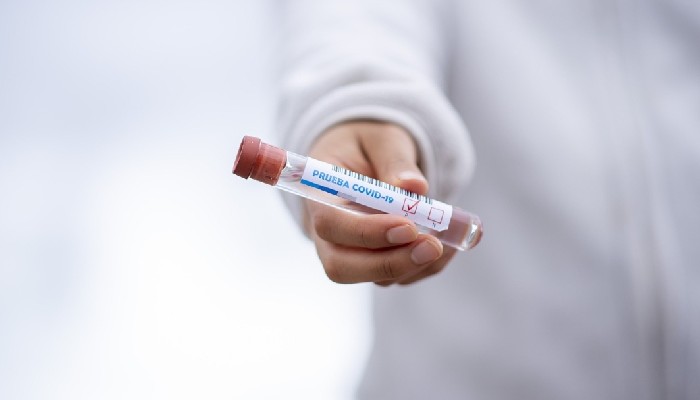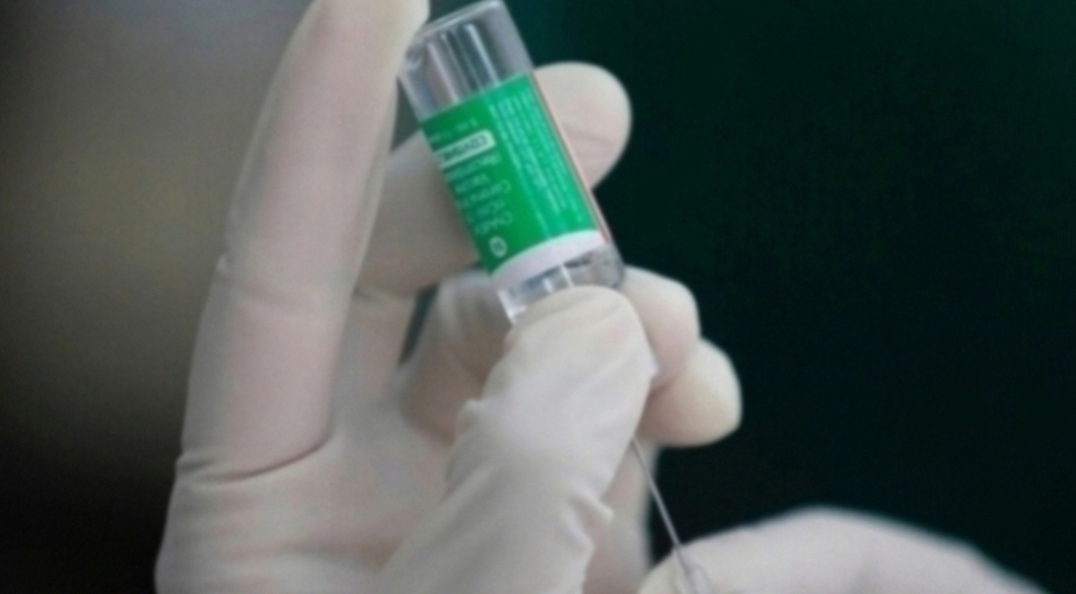Agra is one of the 20 success stories which followed a model for door step delivery of essentials in 100 wards of the city
As the coronavirus pandemic continues, there are success stories surfacing from various districts across the country, wherein people put the efforts to combat the pandemic while giving hopes to the citizens.
According to a report published by The Economic Times, the National Centre of Good Governance listed the Covid-19 achievement stories during a discussion held with the states this week.
Among such stories, according to the report, is Ranchi managing the return of migrants, Pathanamthitta’s Corona RM software, and Sircilla geo-tagging of quarantined patients.
Kerala’s Pathnamthitta established ‘Corona RM’ software to develop a database of Covid patients as well as their contacts.
Referring to Agra, the report said that the city worked on a model for door step delivery of essentials in 100 wards of the city. The city in Uttar Pradesh saw the first COVID cluster in the country when a family returned from Italy with the virus, the repotr said.
Tamil Nadu's Tirunelveli district introduced a call centre system with multilingual personnel to address grievances of migrant workers during the coronavirus induced lockdown, as per the report.
The publication further reported that Village Vigilance Committee Call Centres were placed effectively in each village to ensure social distancing with a provision of quarantine besides maintaining supply of essential items. The centres are operated by over 1,100 volunteers.
To check the spread of novel coronavirus, Dakshin Kannada district in Karnataka began early with door to door surveys to find out the people with symptoms, those with co-morbidities and assisted generate map clusters and patterns vividly, which ensured a high degree of COVID 19 surveillance.
While witnessing an abrupt return of migrants to the state, Ranchi launched the ‘Tatpar’ initiative to designate dedicated vehicles to pick travelling migrants from various locations. Besides that providing basic needs like footwear, food and medicines to them.
The Economic Times reported that the Jharkhand Government set up community kitchens with the assistance of local bakeries and included NGOs for food delivery. The district administration also worked with the Livelihood Promotion Society of the state to make more than one crore reusable cotton masks with the help of women self help groups. Several states adopted the method.
 Contact Us
Contact Us  Subscribe Us
Subscribe Us










 Contact Us
Contact Us
 Subscribe
Subscribe
 News Letter
News Letter

